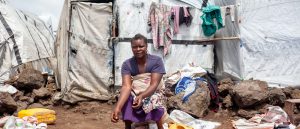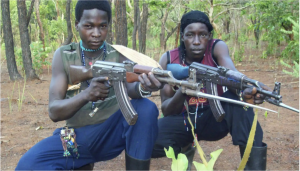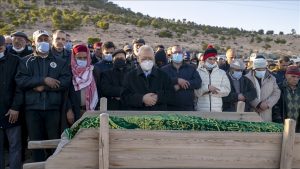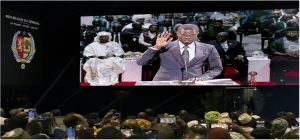By: Chandler Barganier
Impunity Watch News Staff Writer
CENTRAL SAHEL, Africa – on September 22, 2025, Burkina Faso, Mali, and Niger announced their withdrawal from the International Criminal Court (ICC). The three countries issued a joint statement justifying their withdrawal, stating “the ICC has proven incapable of addressing and judging proven war crimes, crimes against humanity, genocide, and crimes of aggression,” further describing the Court as, “an instrument of neo-colonialist repression in the hands of oppression.”
![From left, the heads of state of the three countries: Mali's Assimi Goita, Niger's General Abdourahamane Tchiani and Burkina Faso's Captain Ibrahim Traore [File: Mahamadou Hamidou/Reuters]](https://img-s-msn-com.akamaized.net/tenant/amp/entityid/AA1N98ke.img?w=768&h=525&m=6&x=1567&y=763&s=1220&d=251)
This announcement comes amid persistent insecurity and fragile governance across the Central Sahel region. These three West African countries form the Confederation of the Sahel States (AES). While each country faces its own distinct challenges, they share a legacy of structural vulnerability and limited state authority. The regions insurgency traces back to the 2012-2013 conflict in northern Mali during the Tuareg-led National Movement for the Liberation of Azawad (MNLA). Tuareg rebels joined by jihadists groups lead an improvised military coup that succeeded in destabilizing Mali. The collapse of state authority has opened the door for jihadist groups to expand their influence across Burkina Faso, Mali, and Niger.
The Central Sahel area has faced significant political upheaval since 2020. Amid military takeovers, regimes have taken several measures to repress civic and political spaces to reduce international scrutiny into these countries’ human rights situations. These besieged areas are being blocked from humanitarian aid, and the jihadists groups have worked to destroy places of worship, health centers, food reserves and water services.
Withdrawal from the ICC comes shortly after the AES’s departure from the Economic Community of West African States (ECOWAS). On January 28, 2024, the AES announced they would leave ECOWAS after accusing the organization of becoming a threat to its members of being under the influence of foreign powers and of betraying its founding principles. They officially withdrew on January 29, 2025, marking the most significant crisis in the Western African region since the founding of ECOWAS in 1975.
AES’s departure from the ICC reflects a complex web of security concerns and institutional failures. Critics argue that withdrawal poses significant challenges to these nations, especially in the face of persistent threats of terrorism and economic dependence. This move risks weakening collective efforts to address these issues and could lead to further fragmentation among West African states. Withdrawal will only take effect one year after the official submission of the case to the UN general secretariat.
For further information, please see:
HumAngle Media – The Implications of Burkina Faso, Mali, and Niger’s Exit from ECOWAS – 31 Jan. 2025
Human Rights Watch – Burkina Faso, Mali, and Niger Quit Regional Bloc – 2 Feb. 2024
Le Monde – Burkina Faso, Mail, and Niger withdraw from International Criminal Court – 23 Sept. 2025



